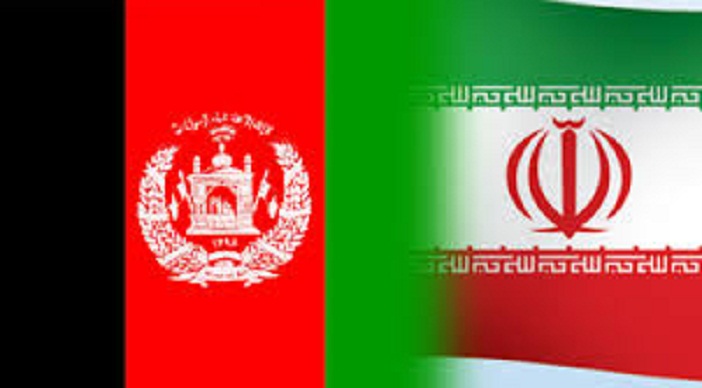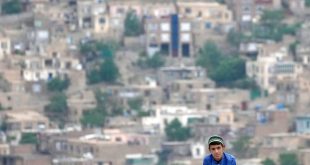A robust national economy is the guarantee to our victory against militancy and some other key challenges such as illiteracy, weak physical and political infrastructure. Any nation’s economy is indebted to thriving businesses, international investment, and increased trade with other nations. Our national economy has the capacity to grow but due to security challenges and being sandwiched by hostile neighbors, it didn’t develop according to its potential. Poverty is endemic. National poverty rate is approximately 35 percent. In other words, nine million citizens are unable to meet their fundamental needs. Paktika, Paktia, Wardak, Logar, Farah, Helmand, Baghlan and Jawzjan are the provinces where poverty rate is higher. A good turnabout came in fiscal year 2011-2012 when the then government collected revenue of 17.6 Afghanis (AFS), equal to US$367 million. It was a 22 percent increase in the revenue over the same period in 2009-2010. When the former president Hamid Karzai handed over government to the incumbent president Ashraf Ghani, there were above US$6 billion in the national exchequer. Given the expenditures of the government, it is able to cover only 54 percent of its operation expenditures in the absence of international grants. Now one wonders if the international community suspends its grants and aid, wherefrom the government adjusts the remaining 46 percent required expenditure. We have a dynamic economic engine. However, what the government needs is to control the border. It will benefit us in two fronts—security and economy. This is unfortunate that our borders remain a strategic vulnerability, which is causing troubles on security and economic fronts. There is not only infiltration of militants but also there is illegal trade, which dents the potentials of our national economy. To address the current economic challenges, we need to improve bilateral trade ties with Iran and others in the region as improved economic conditions means a passive war on terror because once an individual’s and a family’s life standard raises, it naturally becomes abhorrent to extremism. This is unfortunate that political relations with Pakistan for most of the times remained tensed which negatively affected bilateral trade relations; though the bilateral trade has the capacity to reach US$5 billion annually. Similarly, Iran’s general approach towards Afghanistan has aligned with overall US objectives in the region and Tehran pursued a similar policy towards the US and Afghanistan. Now that Iran’s relations with the US are coming to normalcy, its positive effects must be seen not only in Afghanistan but also across the region. Political relations with Iran have remained relatively calm which is why Afghanistan must naturally increase its bilateral trade with its western neighbor. Though there has been a steady rise in transit trade between the two neighboring countries while given the recent positive developments in relations between Iran and the US, we can exploit the benefits for our trade and business as we have a transit agreement with Iran, which allows our traders and businessmen to have access to the markets in Persian Gulf, China, Europe by transiting via Turkey while using Iranian seaports at Bandar Abbas and Chahbahar. As bilateral trade not only benefits national economies but brings nations together, therefore Afghanistan and Iran must increase their bilateral trade. In this regard a joint trade summit between Afghanistan and Iran was held on Monday in Kabul where it was pledged that the annual bilateral trade will increase from US$2 billion to US$3 billion. Moreover, Iranian Embassy’s Commerce Attache in Kabul, Mohammad Reza Karimzadeh vowed that Tehran will pay extra attention to Afghan economic activities after the lifting of sanctions. It means the two countries are going in a right direction and their bilateral trade will benefit a long way in fighting poverty and extremism.

 Afghanistan Times
Afghanistan Times

